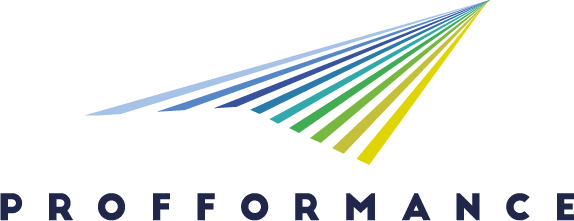eL-DCforIC
e-Learning: Digital Competencies for Innovation Culture
- 03 – Social sciences, journalism and information
- 04 – Business, administration and law
4. Impact and mission with and for society
- Research-based teaching and learning
- Service-learning and active citizenship learning for impact in society
- Active involvement of students in teaching-related research projects to improve their learning
- Promoting social responsibility through teaching professional and ethical values
- Teaching through real social projects addressing society’s global challenges
For the implementation of "eL-DCforIC", a new methodology was created that follows the correlation relationship step by step "research – new knowledge - teaching - creativity - innovation - science - society" where students participated in activities related to research and innovation at the graduate and doctoral level, developed critical and creative thinking, through collaborative learning processes acquired knowledge for active participation in the digital transformation of society and strengthened digital competencies and skills important for promoting social responsibility in creating an innovation culture. The innovativeness of the described methodology is reflected in the strong symbiosis of the process of research, teaching, and learning at the center of which is the student-student researcher, student innovator, student lecturer. Influence and mission with and for society was the guiding thought in the implementation of the methodology, for the dissemination of results selected by the Festival of Science as a general social project, which is why doctoral and graduate students are involved in research, to improve their learning and promote social responsibilities through interaction with the public. The joint research and teaching work of team members and students within "eL-DCforIC" received the following outputs: 5 scientific papers published and presented at international conferences, 2 new elective courses, 22 created concepts of innovative student solutions, 25 passed exams, 1 doctoral dissertation, 1 workshop for citizens, 1 public forum for the interested public, 3 research topics included in the Scientific Research Strategy of the University North for the period 2020-2025. The application of critical thinking in the selection of relevant research methods and digital tools, independence in conducting research activities, creativity in creating innovation are the main results of the application of teaching and learning in research.
Methodology
Tools, equipment, technology used
Outcomes and outputs, main results
Lessons learnt
Adaptability and sustainability of the best practice (for other institutions)
Promotion of best practice
Scope and impact
- Course/department level
- Faculty level
- Institutional level
- Cross-institutional level
- National level
- EU/EHEA/International level
6.1 Digitalization
- Outstanding, innovative, excellent practices of online / blended / hybrid learning
- Digital skills development and assessment both general and profession-related, embedded in course design, in teaching and assessment
- Digital scientific sources used in T&L
Reasoning: The innovative application of the combination of online/combined/hybrid teaching and learning (T&L) in the course "Disruptive Innovation and Design Thinking" resulted in student satisfaction and high marks (Annex 1). In this way, students strengthened their digital competencies and skills (Annex 2) that they used in the new learning environment: conducting part of the teaching by participating in research and learning through interaction with citizens (Annex 3).
6.2 Internationalization
- Developing students' multicultural awareness
- Courses offered to international multicultural students both online and offline
- International projects/research results embedded into course development and T&L
Reasoning: The development of students' multicultural awareness was achieved through their participation in the forum "Digital Culture: a culture of encounter or a culture of division?" (Annex 4), and doctoral students presented the results of their research at international conferences (Annex 5). The results of the research of eminent scientists, Eshet-Alkalai Model, were incorporated into the development of the course "Digital Competencies and Literacy". (Annex 6)
6.3 Inclusion and diversity, universal design
- Other:
Building a culturally inclusive atmosphere
Reasoning: Discussion and debate in the forum "Digital culture: culture of encounter or culture of division?" in which actively participated teachers, doctoral students, students, and citizens, contributed to the development of acceptance synergies and materializing the diversity of every individual and consequently an atmosphere in which connecting in virtual space does not accept limitations and in which cultural diversity is perceived as an invaluable benefit. (Annexes 3 and 4)
6.4 Sustainability
- Special courses reflecting to UN 2030 Sustainability goals, Green Deal - mini-courses, microcredentials
Reasoning: Connected with the 2030 Sustainable Development Agenda (Goal 4. Quality education; Goal 9. Industry, innovation, infrastructure) during the implementation of “eL-DCforIC” good practice using modern digital tools, platforms, and channels within the course “Disruptive Innovation and Design Thinking” students were encouraged to think and act innovatively, the result of which is their concrete proposals for innovative products and services profession – related. (Annex 7)
3.3 Public contact datas
| Name | Email address | Website |
|---|---|---|
| Ljerka Luic | ljerka.luic@unin.hr | https://www.unin.hr/en/profiles/profile/luic-ljerka |

